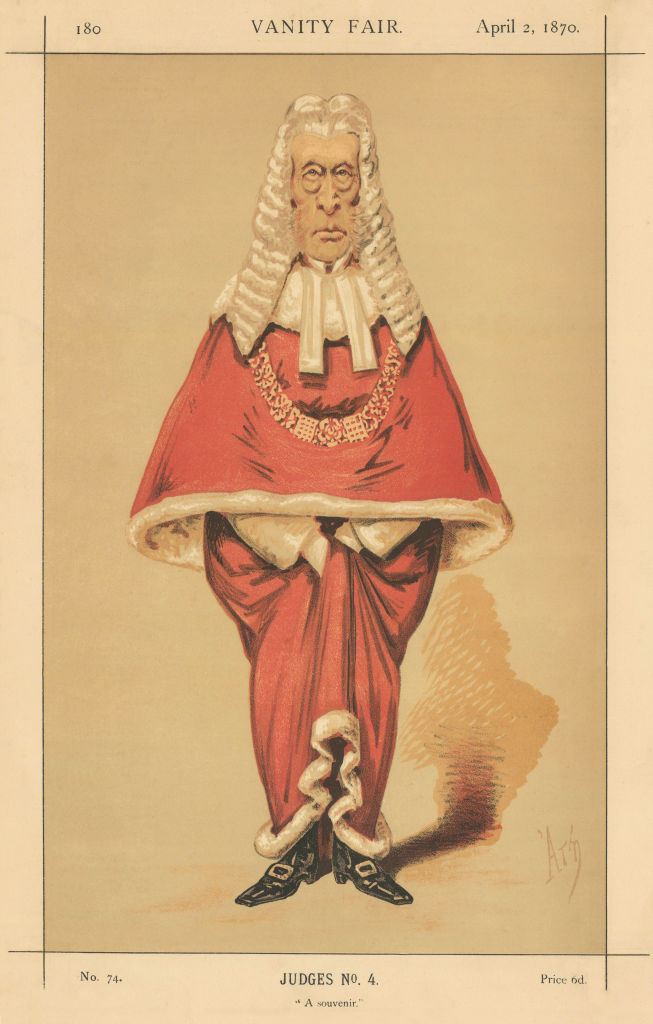Legal Theory
Professor Fagelson
Fall 2024
 |
Class CoordinatesHurst Hall 211 Office HoursM/Thurs hours are virtual or irl. Wed hours are virtual only. Virtual link is the icon of the old man scribbling on the resource page. Contact Information(202) 251 8826 any time between 9:00AM and 9:00PM. Navigation |
The majority of this course consists in abstract reasoning. Even when we apply these ideas to practical situations you will be challenged to consider them in the context of different theories of interpretion, different definitions of law and different principles of morality. It is not assumed that you have had any prior training in philosophical reasoning. However, it is assumed that you are comfortable thinking analytically and conceptually. The latter is particularly important. Philosophy concerns itself with the meaning of things. In many respects it is a matter of establishing definitions. You will not find the answer to these definitions in any dictionary or encyclopedia. In this course you will learn to parse ideas, look for internal contradictions in definitions, make analogies between different concepts and apply them all to existing problems in law and society. By the end of the course you should
- 1. understand when institutions actually approximate some conception of the rule of law;
- 2. be familiar with different theories of interpretation both of posited rules and moral principles;
- 3. be familiar with different moral justifications for law and the limits of legal obligations, if any;
- 4 be able to apply these ideas to different legal problems in public and private law.
Requirements
READING
Philosophy is somewhat akin to mathmatics, only with words. Like math, the concepts can get very abstract. Although all the reading is in English, and mostly jargon free, you may sometimes wonder what language it is actually written in. You should expect for the reading to take 3x longer per page than in your other classes. You will have to read each assignment more than once in order to understand it. You won't be able to understand the reading without taking notes while you are reading.
It can sometimes feel like a long cumbersome process but if you put in the effort you will find it extremely rewarding. You will gain an unmatched clarity of comprehension of the most fundamental legal and moral questions of our time. It is impossible to complete, let alone do well in, this class without doing each and every one of the readings. This is not a class where you can skip or forget to do the reading and just hope to coast along.
ACTIVE CLASS PARTICIPATION:
All students are expected to attend class regularly and to be prepared to discuss the reading. Students may be called upon to participate in class and no passing is permitted. Each student will be allowed 1 un-excused absence. Any additional un-excused absence will reduce your final grade by one grade per absence. Study the class calendar carefully to make sure you don't have any prior commitments that would preclude you from meeting these requirements.
ASSIGNMENTS:
There will be a midterm, an analytical paper and a final exam according to the following schedule. These dates are subject to change depending upon the rate of our progress in class.
| Weight | Assigned | Due | Returned | |
| Class Participation | 20% | Passim |
||
| Test | 25% | October 3 | October 6 | October15 |
| Analytical Paper | 30% | November17 | November 26 | |
| Final | 25% | Monday, Dec 09 --- 5:30PM - 8:00PM | ||
Grading
Grading standards are in part subjective and excellence in one area may compensate for deficiencies in another. No curve will be used to calculate the grades in this class. Hence, it is theoretically possible for every student to receive an A if he or she meets the standards for that grade. My primary goals are for each student to develop the critical thinking skills and to understand the ideas covered in this course by the time it is completed. If later exams and papers illustrate this proficiency, earlier grades which do not will be discounted. The following will give you a general guide to the typical performance associated with each letter grade.
While displaying an understanding of the course materials is very important, the quality of your writing is a central part of my evaluation of your work. At a minimum, you must make sure that the grammar and syntax of your essays are correct. Papers that are disorganized or poorly written will be graded downwards. Do not hand in the first draft of your work. Apart from the presentation of your work, the following criteria will be used:
A: all course requirements met, work shows full understanding of course material and an original perspective on the subject
B: all course requirements met, work shows full understanding of course material (or satisfactory understanding of course material and an original perspective on the subject)
C: all course requirements met, work shows satisfactory understanding of course material
D: work fails to meet minimum course requirements, either in full and timely completion of requirements or in satisfactory understanding of course material
F: work falls far below minimum course requirements either in full and timely completion of requirements or in satisfactory understanding of course material.
University and Classroom Standards
Freedom of expression is at the root of academic discourse and the advancement of knowledge. This course will deal with a wide range of topics, some of which may challenge a student’s deeply held beliefs and perhaps even cause offense. While no topic will be censored simply because it has this effect, students are expected to treat the differing views of others with respect. While tolerance toward the opinions of others does not preclude expressions of disagreement, which are, indeed, encouraged, it does require that these expressions be based on the content of the ideas expressed and not on personal traits or values of the speaker. All class participants will be expected to tolerate the expression of opposing views and to engage in reasoned discourse about them.
I will endeavour to ensure that the classroom is free of any conduct that has the purpose or effect of creating an intimidating or hostile environment. Furthermore, I will attempt to give each student an opportunity to express his or her own opinion and to treat student opinions with respect. Any student who believes that he or she has not been given adequate opportunity to contribute to class discussions is encouraged to bring this to my attention.
Extremely Important:
If you experience difficulty in this course for any reason, please don’t hesitate to consult with me. In addition to the resources of the department, a wide range of services is available to support you in your efforts to meet the course requirements.
Academic Support Center (x3360, MGC 243) offers study skills workshops, individual instruction, tutor referrals, and services for students with learning disabilities. Writing support is available in the ASC Writing Lab or in the Writing Center, Battelle 228.
Counselling Center (x3500, MGC 214) offers counselling and consultations regarding personal concerns, self-help information, and connections to off-campus mental health resources.
Disability Support Services (x3315, MGC 206) offers technical and practical support and assistance with accommodations for students with physical, medical, or psychological disabilities. If you qualify for accommodations because of a disability, please notify me in a timely manner with a letter from the Academic Support Center or Disability Support Services so that we can make arrangements to address your needs.
Academic Integrity
The American University’s “Academic Integrity Code” governing standards for academic conduct apply. Students may discuss the subject matter of their essays with anyone. All students, however, must compose their own essays and may not show or read their essays to any other persons, except for proofreading or typing assistance by a person not enrolled or previously enrolled in the course. The use of another person’s words or ideas without proper attribution constitutes plagiarism or false authorship. Both are serious academic offenses. By turning in an essay, a student is certifying that the essay is entirely his/her own work. If there are any questions about this matter, consult the Academic Integrity Code or see the instructor. It will never be tolerated, under any circumstances and your case will be referred to the Dean – WITHOUT EXCEPTION AND IMMEDIATELY. It is your responsibility to be familiar with the University’s Academic Integrity Code, which you find on-line at:
http://www.american.edu/academics/integrity/code.htm
Emergency Preparedness
In the event of a declared pandemic (influenza or other communicable disease), American University will implement a plan for meeting the needs of all members of the university community. Should the university be required to close for a period of time, we are committed to ensuring that all aspects of our educational programs will be delivered to our students. These may include altering and extending the duration of the traditional term schedule to complete essential instruction in the traditional format and/or use of distance instructional methods. Specific strategies will vary from class to class, depending on the format of the course and the timing of the emergency. Faculty will communicate class-specific information to students via AU e-mail and Blackboard, while students must inform their faculty immediately of any absence due to illness. Students are responsible for checking their AU e-mail regularly and keeping themselves informed of emergencies. In the event of a declared pandemic or other emergency, students should refer to the AU Web site (www. prepared. american.edu) and the AU information line at (202) 885-1100 for general university-wide information, as well as contact their faculty and/or respective dean’s office for course and school/ college-specific information.
What do I expect from you?
Punctual attendance
This is mandatory and forms part of your overall grading. Please contact me preferably prior to absence, or as soon as possible after the missed class.
Come to class prepared
Engage with your reading. With everything you read ask yourself: What the author is trying to say? From what perspective are they writing? In what social/historical/philosophical context have they written what they have written? Do you disagree/agree with their view? Why? Don’t forget: Class Participation forms a huge part of your overall grade!
Be honest with me
I am here to help you learn and form your opinions and I really care about doing that well. If you feel there is a certain area I could improve the class in, please don’t hesitate to let me know. I will keep an open and friendly classroom atmosphere and am also available to talk one-on-one in my office hours/by email. I expect to see you there at least once during the semester.
Treat your peers with respect
Keep an open mind, engage with the material, participate in discussion and treat your classmates with respect. This means respecting divergent views as well as allowing them to learn – class disruptions (walking in and out, chatting etc) will be reflected in your participation grade.
